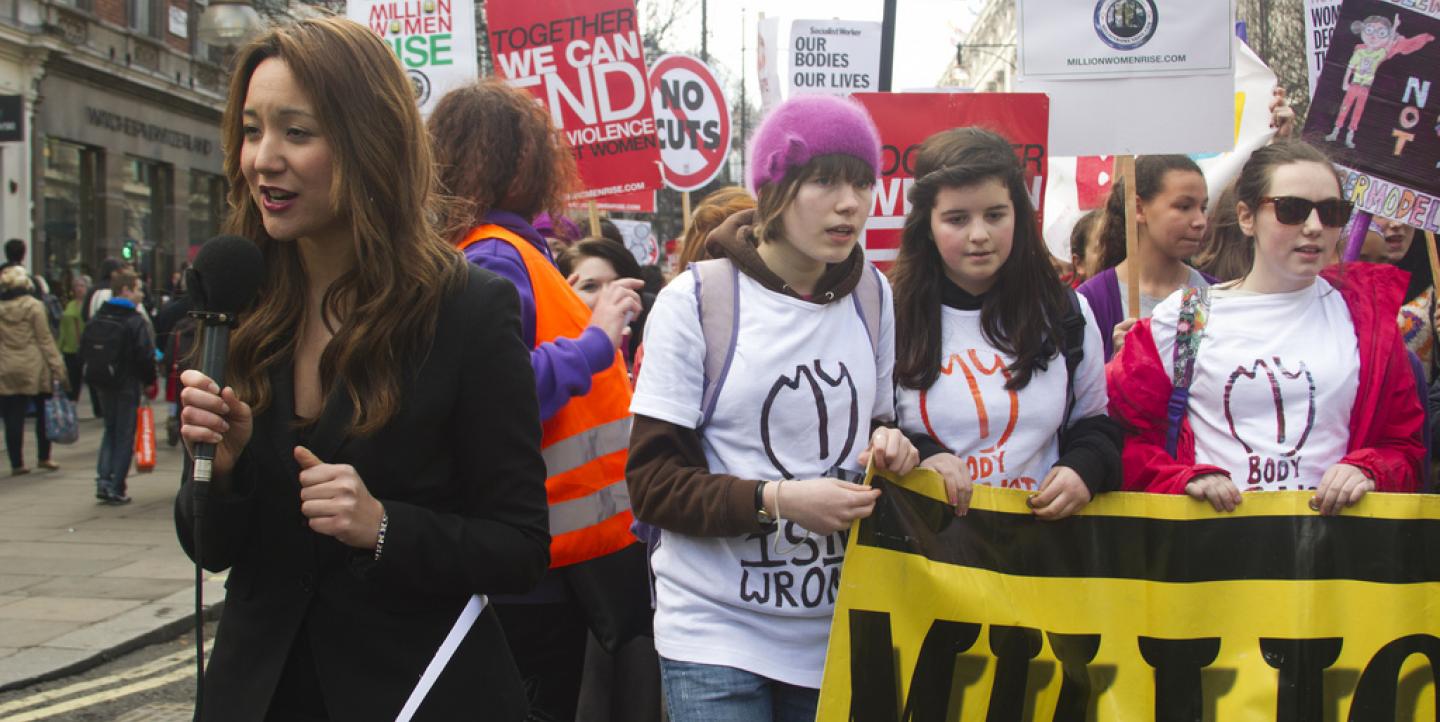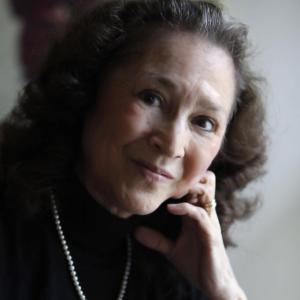During a workshop with women journalists in South Sudan, participants worked in small groups to draw up lists of pressing needs. Among their priorities: finding mentors who would share wisdom, advice and on-the-job experience.
As part of the exercise, the women responded to the question: “If you had a mentor, what would you ask her?” Among the responses:
How do I balance my journalism career, marriage and family in a society where women struggle for equality?
How can I make a case for a promotion or raise without upsetting my boss?
What can I do about sexual advances from newsroom colleagues or sources?
What should I be doing to further my career?
I have fielded similar questions from women journalists around the world, from Pakistan and Ethiopia to the United States. Mentoring is a vital step in supporting professional growth and development, especially for journalists who work independently and lack newsroom camaraderie.
“Good old boy” networks are a longstanding tradition in nearly every industry, journalism included. Not so for women, says Mary E. Stutts, author of the book, “The Missing Mentor: Women Advising Women on Power, Progress and Priorities.”
Stutts found “an unfortunate dearth of female mentors capable of providing counsel, guidance and answers. Consequently, women are left on their own to navigate the pitfalls of managing marriage, home, family, career development and personal ambition.”
During the 2016 Journalism and Women’s Symposium (JAWS) conference, she offered tips to guide women through “mentorship, leadership and learning.” Among them:
Organizations are looking for the next generation of leaders. Be present. Come in thinking, “I am the solution to your problem. I am going to add value to your organization.”
To build confidence, you have to show up. Take on difficult tasks that no one else wants to do. Those are the opportunities that will get you noticed. “If you have been in the same role for five years or more, you need to do something that shows you’re a risk taker,” Stutts said.
She reminds women, “You will have different mentors for various stages of your career.”
In 2014, JAWS launched a mentoring project for its members, matching women based on their professional needs to help them succeed and advance in their careers. More than 150 members have used the program so far, according to Lisa Gillespie, a JAWS board member and health care reporter with the NPR station in Louisville, Kentucky.
“Women with career experience volunteer to mentor as a way of giving back, connecting with other women and continuing the tradition of women supporting women,” said Gillespie.
JAWS member and veteran journalist Melinda Voss volunteered to be a mentor soon after the program started. She calls the experience “a two-way street.”
“I probably gain more than I provide,” said Voss. “Mostly, I listen for ways to strengthen their confidence and help them trust their instincts. That’s usually what young women in journalism need most.”
In an article for the Poynter Institute for Media Studies, freelance journalist Jillian Keenan posed the question, “Where can an independent journalist find sources of wisdom and advice?” After talking to journalists and potential mentors in the New York City area, she settled on the following:
Join professional organizations.
“We’ve all heard it before: ’It’s about who you know.’ As it turns out, that’s true – and one of the best ways to build your personal network is by joining professional associations.” Keenan advises, “Do your homework on which organizations you want to join. Be clear about who belongs and what they offer.”
Don’t be afraid to email people you admire.
“If you read an article that you especially admire, email the reporter. If there’s a publication you adore, email the editors. What do you have to lose?”
Attend lectures and seminars in your field – and find ways to stand out.
During the Q&A after the main event, “take notes as the audience members ask their questions; they’ll usually mention their names and places of employment. If you hear the name of an organization that interests you, quietly pull out your smartphone and do a Google search.
“Find one thing, such as a recent article, to mention when you approach the person after the seminar. Choke down those butterflies and say hello.”
Don’t limit yourself.
“As it turns out, being a freelancer can actually be a huge advantage in the hunt for mentors. We get to work with dozens of different people, publications and mediums every year, which gives us a very diverse range of colleagues to develop relationships with.”
Keenan concluded, “If you’re sincere and candid about the fact that you’re looking for mentors, you might just be surprised – as I have been – by how many incredible people step up to the plate.”
Main image CC-licensed by Flickr via Tamara Craiu.


